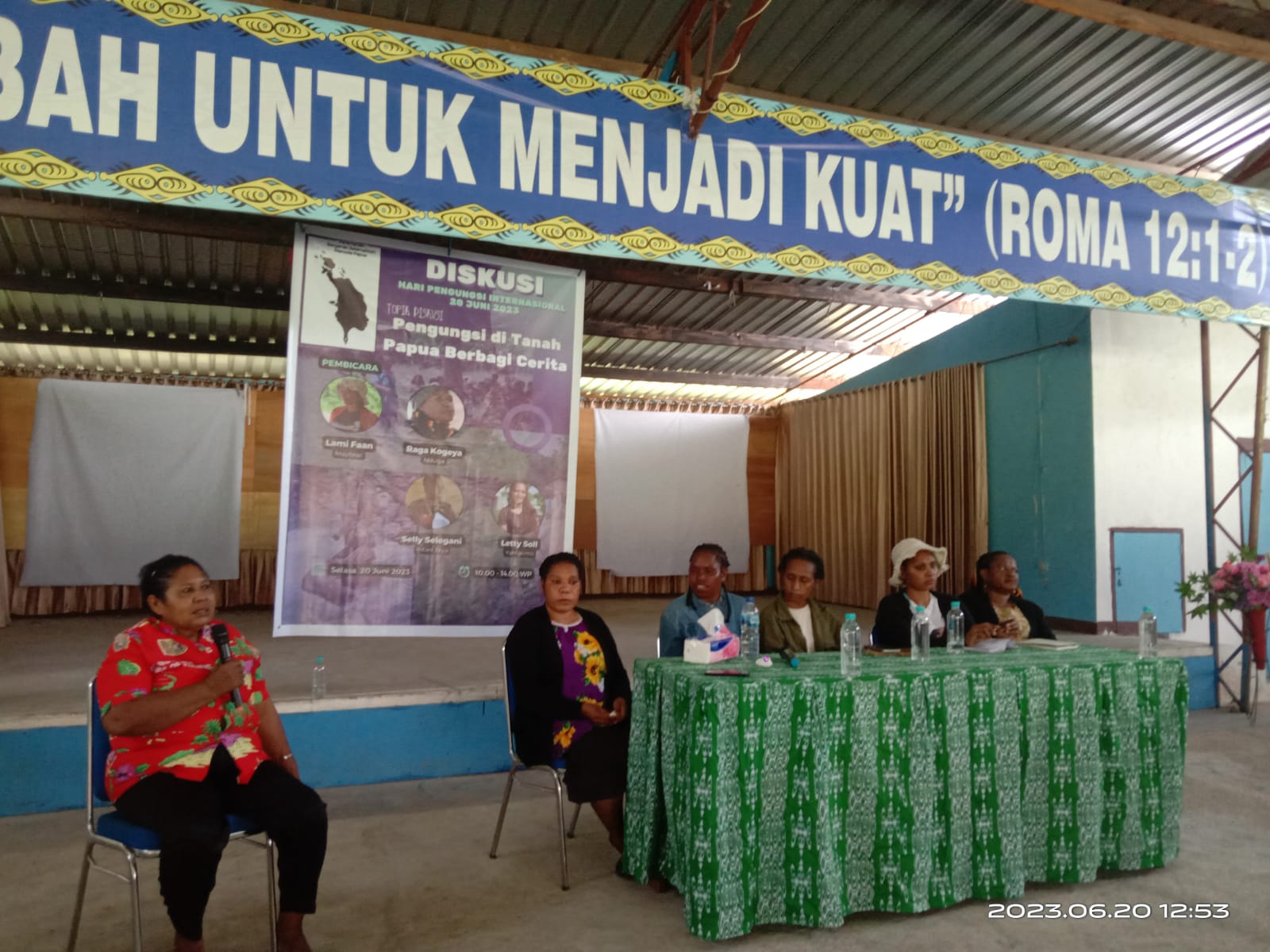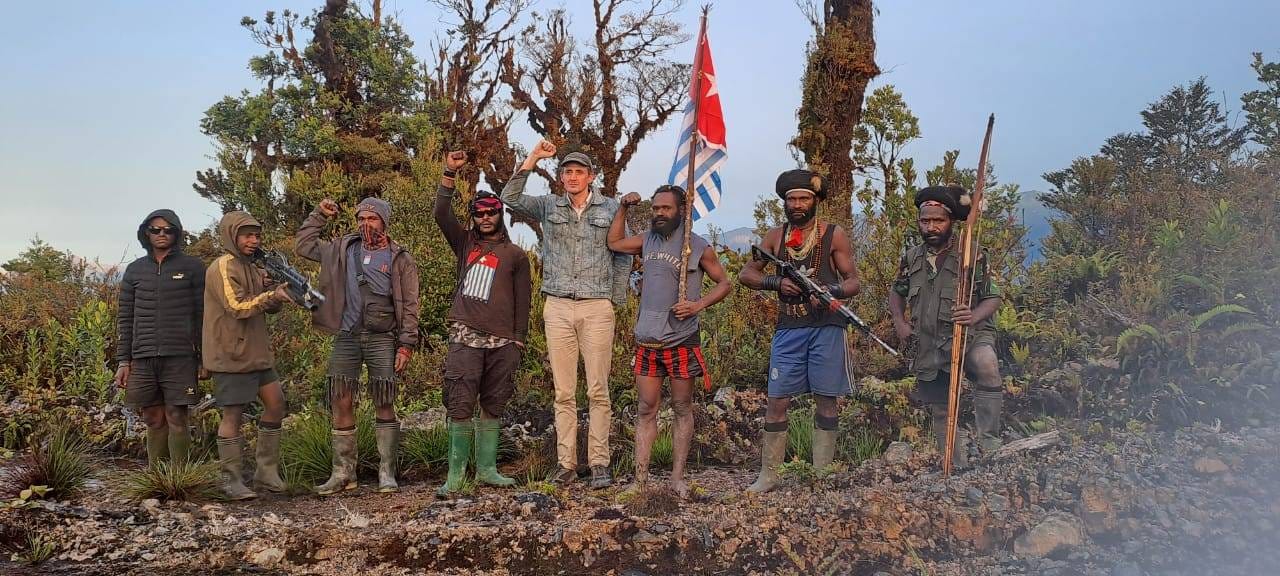
Jayapura, 31/3 (Jubi) – Members of European Union parliament urged Indonesia to allow independent observers including those from the EU and the United Nations to monitor elections in Papua.
Sixteen members of EU parliament have sent a letter to the EU High Representatives for Foreign and Security Affairs, Catherine Ashton following a hearing on Papua in January and the parliament’s vote on a memorandum of understanding between Indonesia and the European Union. The parliament members asked Ashton to push Indonesia to actively begin a dialogue process with the people of West Papua as an effort to resolve the conflict peacefully as demanded by some activists in Papua and Jakarta.
The parliament members also asked Indonesia to provide access for independent observers including the observers from the EU and the UN Human Rights Council and to protect the freedom of the local media in Papua.
Leonidas Donskis, an EU parliament member from Finland, wrote to Jubi on Monday (30/3) that the letter also urged Indonesia to release all political prisoners and to end the practice of accusing Papuans involved in peaceful political activities of treason.
The European Union parliament also expressed strong support for reforms in Indonesia to ensure that security forces responsible to the human rights violations would brought to justice by reforming the military court system.
“Local NGOs have reported that the Indonesian Army continues to commit atrocities against civilians in West Papua while some European Union member countries are selling weapons to Indonesia. It is not possible to monitor whether those weapons have been used against civilians since there is limited access to Papua,” wrote Donskis.
The letter to Ashton, a copy of which was received by Jubi on Saturday (29/3), also mentioned that several articles of Special Autonomy Law have been violated. Other government initiatives such as the establishment of the Development Acceleration Unit for Papua and West Papua (UP4B) and the proposed draft of Special Autonomy Plus Law involved very few indigenous people, it said.
The letter said Jakarta’s approach to the situation of West Papua only revolves around economic issues and budgets were mostly spent on health services and education but health and education facilities were not well functioning. It also noted that people who express their political opinions and exercise freedom of speech peacefully have subjected to persecution and some activists have been arrested and sentenced to up to 20 years in jail.
The parliament members also expressed concerns that foreign observers and humanitarian and rights organizations as well as independent journalists have been banned from visiting and faced serious restrictions in Papua. Human rights organizations and the Church continuously report about extrajudicial killings, tortures and detention and limited access of education and health services for the indigenous Papuans, the letter said.
The European Union parliament has invited Mr. Norman Vos from the International Coalition for Papua, Ms. Zelly Ariane for National Papua Solidarity and Mr. Victor Mambor from the Alliance for Independent Journalist of Kota Jayapura to speak about the current issues of Papua on 23 January 2014. (Jubi/Benny Mawel/rom)
















